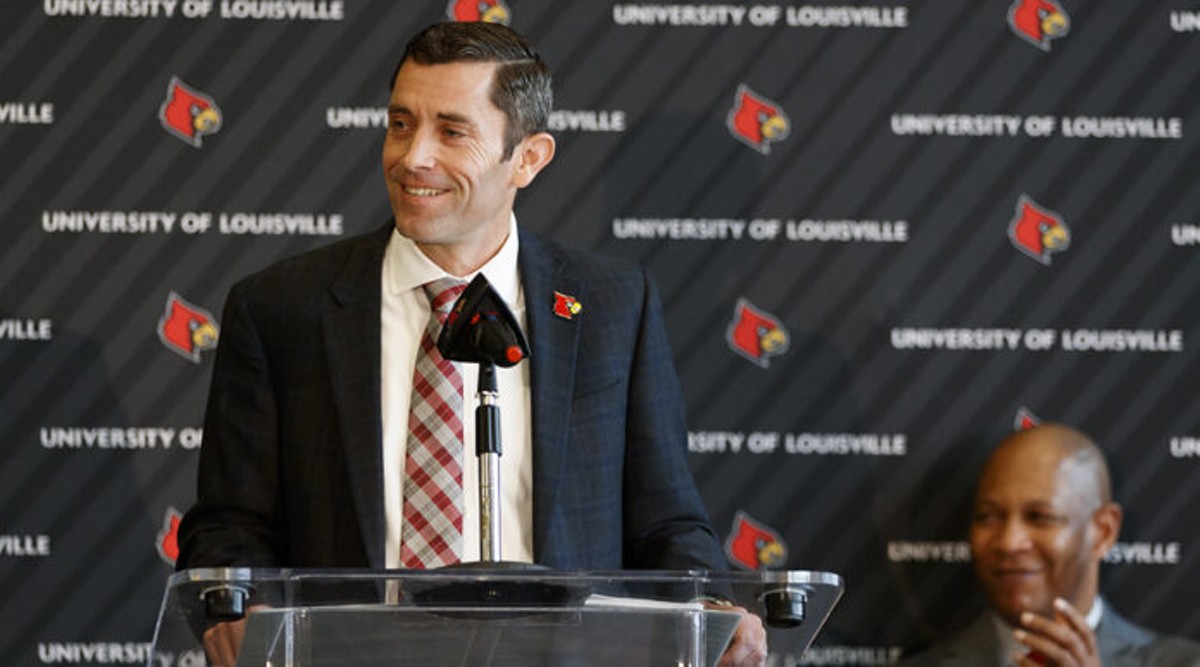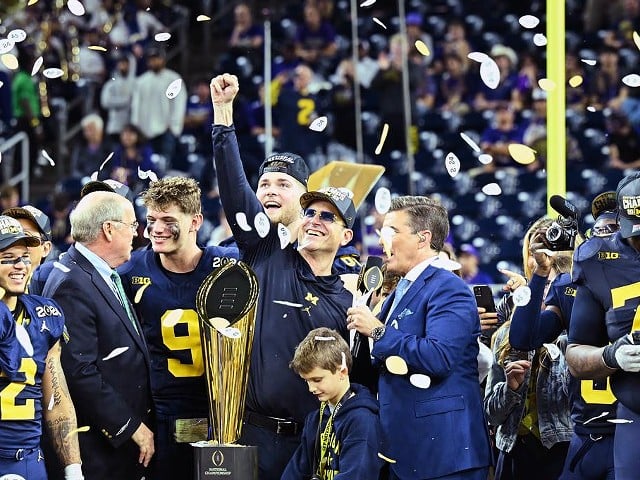Top to bottom, sport by sport, the Atlantic Coast Conference is unsurpassed.
It’s the bottom line that lags.
Despite the best broad-based programs in college athletics and an academic profile soon to be enhanced by the additions of Stanford and Cal-Berkeley, the University of Louisville’s league is much less competitive when it comes to cash.
Florida State is looking to leave because the ACC doesn’t generate enough money to keep pace with the Big Ten and the Southeastern Conference and hasn’t agreed to revise its revenue distribution formula to the satisfaction of the Seminoles.
Lawsuits have been launched. Still smarting from the exclusion of its undefeated team from the College Football Playoff, FSU is trying to get out of a contract its own president signed in 2013 and, in particular, to void the grant of rights poison pill that commits the school’s television revenue to the conference through 2036. The ACC has filed suit against the school seeking judicial confirmation of the validity of the grant of rights.
Legally, FSU’s case looks like a longshot. Objecting to a deal you agreed to 10 years earlier (and agreed to extend in 2016) is sure to be a tough sell, especially after numerous analysts have described the document as “ironclad.” Still, should FSU succeed in eliminating or renegotiating exit liabilities its lawyers have estimated at $572 million, it would likely lead to an exodus of the most marketable ACC members – certainly Clemson, possibly North Carolina, maybe more -- and another round of conference realignment.
It could, conceivably, leave Louisville looking for yet another new league.
“I’m not sure I would expect anything to be the same from today to tomorrow relative to college athletics,” U of L athletic director Josh Heird told LEO Weekly last week. “That’s how quickly this is changing. Just across the board, there are sweeping changes taking place.”
And yet. . .
“I haven’t had a single phone call with anybody else questioning the future of the ACC,” Heird continued. “I do think we always need to remember that while we have these ideas that the demise of the ACC is coming, there’s four elite conferences and we’re in one of those. That’s pretty good.
“I’m very comfortable saying we are proud members of what is still considered one of the top conferences in the country.”
Were it not for the growing financial gap among the major college conferences, Louisville could look on the ACC as safe and swank harbor after decades of being adrift among a series of second-tier leagues. The ACC boasts the reigning champion in 10 varsity sports – one fewer than the combined totals of the SEC and Big Ten – not counting the five team titles Stanford and Cal currently claim.
The fall expansion that will add Stanford, Cal and SMU will give the ACC six of the top 25 national universities as ranked by U.S. News & World Report. Only the Ivy League has more.
Yet while five different ACC schools have won a total of nine NCAA men’s basketball championships since the last Big Ten team cut down the nets in 2000 – yeah, Louisville’s was later vacated -- the overwhelming influence of King Football and the sheer size of Big Ten universities have made for a monetary gap the ACC has been unable to bridge.
When UCLA joins the Big Ten in the fall, the conference will have eight of the 10 biggest alumni bases in America, and will have infiltrated five of the six largest television markets. Those demographics help explain how Big Ten schools eligible for full shares of conference revenue – all but Maryland, Nebraska and Rutgers – received $58.8 million in distributions last year. Tax documents show Louisville’s share of ACC revenues was $40.4 million, second-highest in the league, but 31% less than the standard Big Ten payout.
“In any industry, you feel the financial constraints that are put on you,” Heird said. “I don’t think there’s anyone out there that said, ‘If I had a little less money, this would be easier.’ As athletic directors, that is what we are all tasked to do, (manage) the resources that are provided to us. I think we’ve proven and the ACC membership has proven that those financial constraints have not hindered the success of this conference.”
Just last Friday, Florida State found the money to persuade football coach Mike Novell to stay put rather than pursue the Alabama job left open by Nick Saban’s retirement. Novell’s new deal reportedly calls for an annual salary in excess of $10 million for eight years.
It will be interesting to see how FSU’s attorneys reconcile that contract with the school’s professed financial plight.
“I’m not a lawyer,” Heird said. “I can’t begin to guess where it’s going to go. But once again I go back to the idea that the contract was agreed to.
“Most of the time when both parties agree to a contract, in order to be relieved of those responsibilities that each side has agreed to, there has to be concessions somewhere. Everything has a price. What are those concessions? Is either side willing to entertain them? I have no idea.”
Usually, a deal’s a deal. Until it isn’t.







